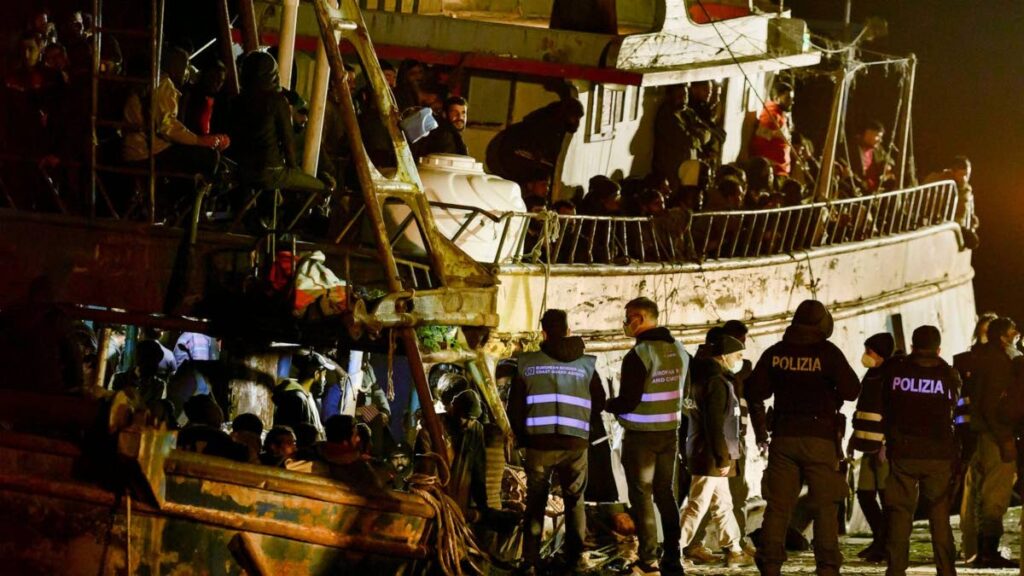Modern slavery

JOSEPH OPEYEMI OWOLABI,
ACCA president
People from all over the world visit Grenada for holidays.
I could see why when I visited this month. There’s no finer place on the planet than Grand Anse beach, if you’re strolling with the warm sand between your toes, a cold drink in your hand and the sun dancing on the sapphire waters of the Caribbean.
I wasn’t on the island as a tourist, though.
I was speaking at a conference and I was eager to address a theme that is of particular relevance for a Caribbean audience, and for me as a son of West Africa.
It is a growing worldwide movement for an end to labour practices which are exploitative, degrading and coercive – which are, in effect, conditions of slavery.
It’s a sad truth that the countries and people that were tormented most horribly by the globalised trade in human beings two centuries ago and more remain the most likely to suffer from its modern variant.
From the last third of the 16th century to the early 19th centuries, Portuguese, Dutch, French and British merchants greedily expanded the African slave trade internationally.
Over this period more than 3.5 million slaves were shipped from the land now known as Nigeria – my country – to north and south America and the Caribbean colonies.
In 1762, the British empire seized Grenada and began importing enslaved Africans to toil on their cotton, sugar and tobacco plantations.
It’s thought that most of the slaves were imported from Nigeria, specifically Igbo and Yoruba people, perhaps more than 37,000 men, women and children.
In these ways history echoes to us down the centuries and we still feel the economic wounds from those traumas; our societies bear the psychic scar tissue.
Violence has a long-half-life, it turns out.
I’m reminded of what the Chinese leader Zhou Enlai said when he was asked what were the implications for history of the French Revolution. He answered, “It’s too early to say.”
We can say the same about the lingering, toxic legacy of slavery.
The hellish transatlantic passages, the slave auctions, and the manacles might have gone, but they are replaced by economic bondage from which there is no escape, and the modern trade in human trafficking is scarcely less dehumanising.
There are significant steps in place to end these abominable practices.
For instance, the European Union has published a commission proposal for a regulation on prohibiting products made with forced labour in the Union market.
It says: "Forced labour is a pressing global problem with 28 million victims worldwide, the majority women, and most exploited in the private sector. Forced labour violates human rights and labour standards, which the European Union is committed to uphold in its internal and external action."
This will require all businesses to ensure that employment practices – their own and those throughout their global supply chains – comply with international standards.
This won’t be the last answer to an enduring obscenity. But it is a major step in the right direction and it is a practical action which every business can take.
We must grasp these moments of progress eagerly and remind ourselves of Dr King’s words, that: “The arc of the moral universe is long, but it bends toward justice.”
Tackling modern slavery is one element in the wider drive for sustainable business that respects the rights of all people to live a safe, stable and happy life, whoever and wherever they are.
The driving force behind this change in priorities for governments and businesses is climate change – and the universal acceptance that time is fast running out in our attempts to stop the planet heating up until it becomes uninhabitable.
How we do that and how we fund it is the big question.
We face massive restructuring of the world economy and in transitioning carbon jobs to green jobs.
For instance, the social agenda includes elements such as paying a living wage and gender balances in the workforce. Businesses increasingly have to measure their actions in those areas. But how do transnational businesses do that when their workforce, markets and suppliers may be all over the world?
How can we frame fair, meaningful measures that apply equally in Grenada, Greece and Guinea-Bissau, for instance?
How do we create a fair international framework which ensures that sugar cane farmers in this region are paid fairly and can make a decent living?
It’s also not as simple as just greening the economy.
For instance, we have the technology to introduce electric cars everywhere. Yet electric cars rely on batteries made from minerals mined in the some of the world’s poorest countries. Their extraction raises serious issues to do with labour practices; child employment; fair pay and environmental degradation.
Also, millions of jobs depend on the carbon economy. How do we rebuild the economy so we don’t leave petrol pump attendants, offshore riggers and oil refinery workers behind?
There’s no simple answer. But the response starts by recognising that inaction is not an option.
Humanity is endlessly creative and resourceful, and if we want solutions we will find them and fund them.


Comments
"Modern slavery"